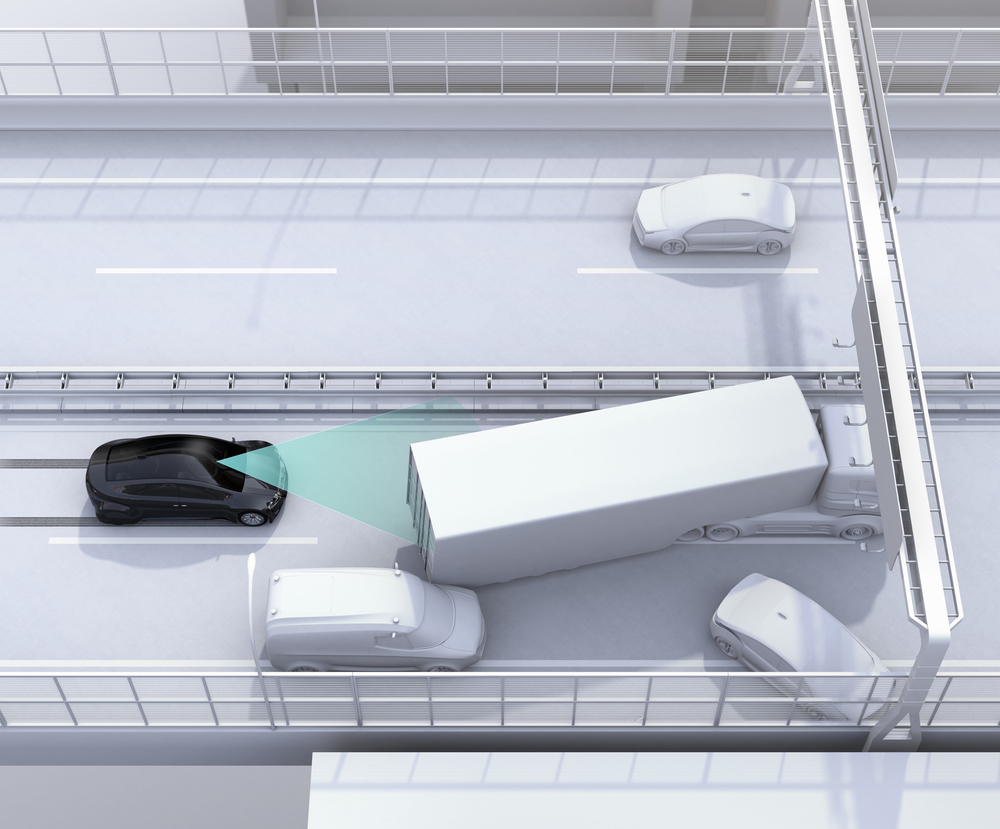Car buyers are poorly aware of driving assistance
Driving assistance systems have a high protection potential. However, a survey shows that only around 10% of car buyers are well aware of the new systems. In addition, buyers are often skeptical and have misconceptions about the safety effects of driving assistance.

A survey commissioned by the bfu - Swiss Council for Accident Prevention concerning Driving assistance systems shows something astonishing: Many drivers have heard of parking assistants, light assistants, emergency brake assistants and automatic distance control, but apart from cruise control, only a few of those surveyed are really familiar with driving assistance. Only 10% have a sound knowledge of the subject.
The survey shows, for example, that many drivers have a distorted view of the safety benefits of the various systems. Among other things, many respondents state that cruise control helps road safety - rather the opposite is the case. Cruise control is even at the top of the wish list for many. From a preventive point of view, however, the emergency brake assistant would be favored. (More information on the three most important driver assistance systems here.)
Cost as a hurdle
Despite lower prices, many of the advanced technologies are still associated with sometimes considerable additional costs. This, combined with the lack of knowledge about safety benefits and other advantages of the systems, leads to modest product demand.
Since many respondents believe that they are above-average drivers and would never have an accident, they see little personal need for safety systems. However, it must be emphasized that every driver - no matter how good and experienced - benefits from safety technologies, even if it is only for self-protection in the event of misconduct by other road users.
Necessary communication
Driving assistance systems have a high protection potential. This is why the bfu is keen to make an active contribution to stimulating product demand. As many people as possible should pay attention to the equipment with safety-relevant assistance systems when buying a car. Almost ten years ago, the bfu and Axa Insurance launched the joint information campaign "Does your car think?" with the aim of increasing awareness and knowledge of assistance systems. Today, the bfu continues to pursue this objective with targeted measures and, for example, together with the TCS, conducts a widely communicated annual comparative test on innovative safety technologies. And together with the VCS, it operates the platform www.sicheres-auto.chThe aim is to raise awareness of the systems available on the market and their importance for safety.
Press release bfu









